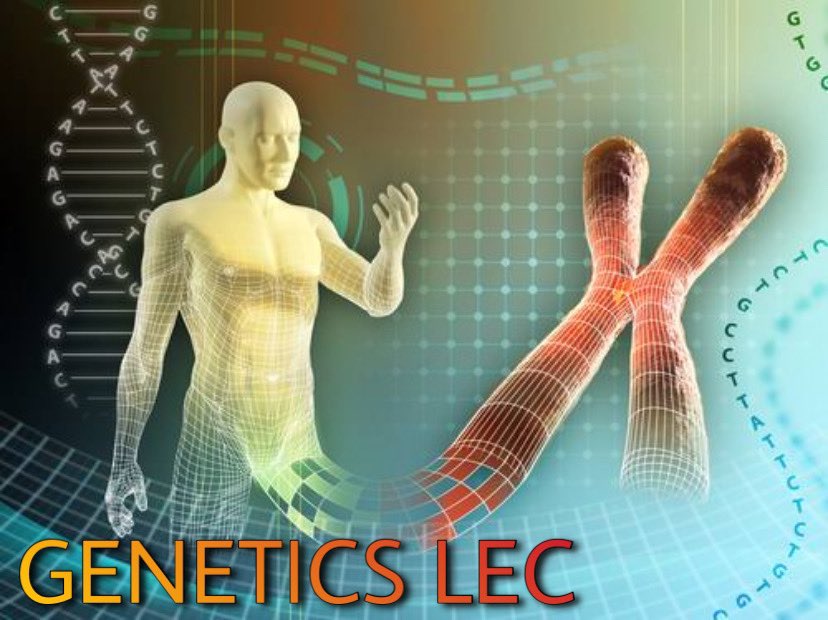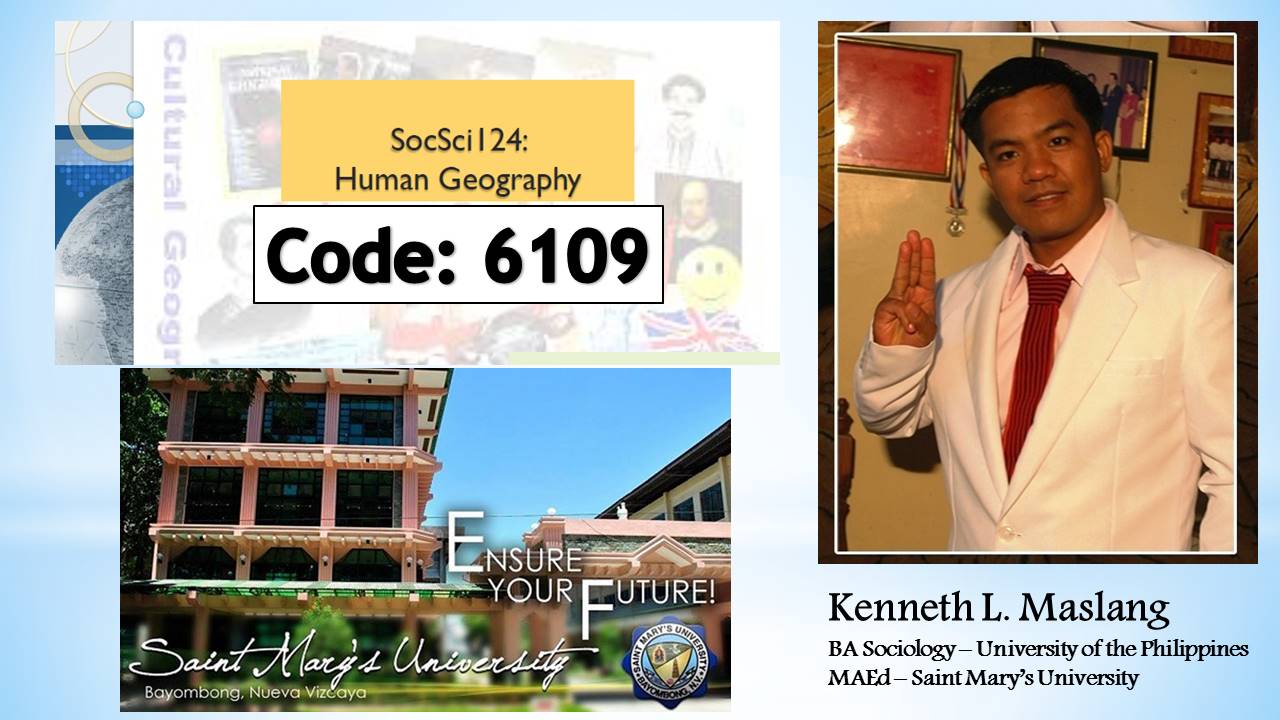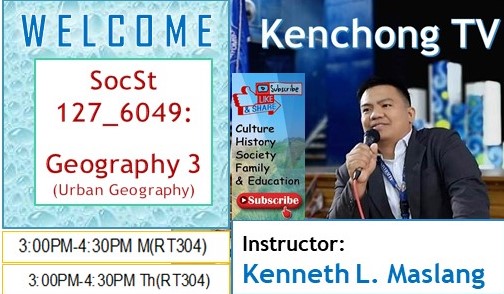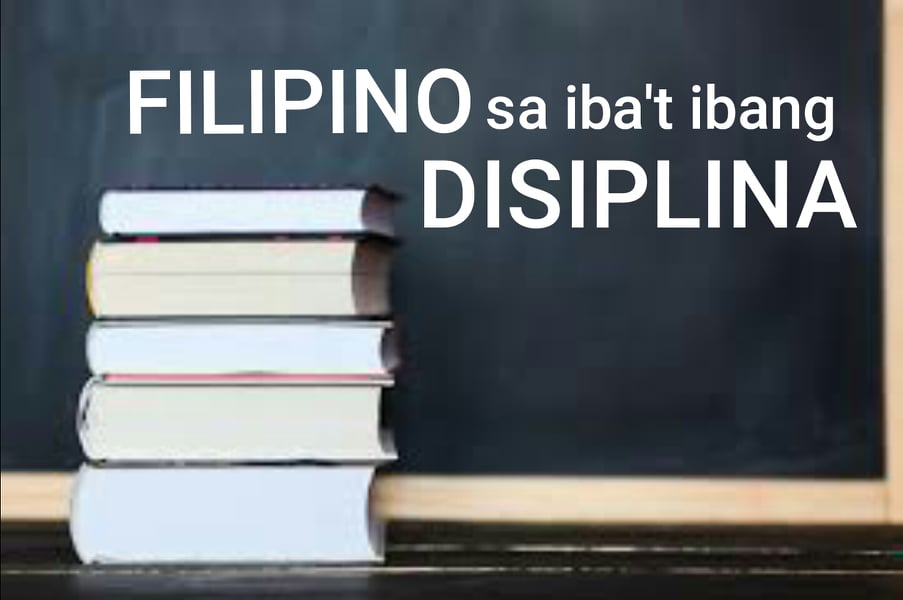Search results: 3380
- Enrolled students: No students enrolled in this course yet
- Enrolled students: No students enrolled in this course yet
- Enrolled students: No students enrolled in this course yet
Purposive Communication is about writing, speaking, and presenting to different audiences for various purposes. (CMO 20 s 2013).
Purposive Communication is a three-unit course that develops students’ communicative competence and enhances their cultural and intercultural awareness through multimodal tasks that provide them opportunities for communicating effectively and appropriately to a multicultural audience in a local or global context. It equips students with tools for critical evaluation of a variety of texts and focuses on the power of language and the impact of images to emphasize the importance of conveying messages responsibly. The knowledge, skills, and insights that students gain from this course may be used in their other academic endeavors, their chosen disciplines, and their future careers as they compose and produce relevant oral, written, audio-visual and/or web-based output for various purposes.
- Teacher: MARIA INES MINIA
- Enrolled students: 48
This course deals with the general principles of animal biology focusing on the structures of the body and their organization into special systems that carry on the essential life processes. Emphasis is on the general morphology, anatomy and histology of the frog as bases of comparison with other vertebrate animals particularly the humans. It also includes not only the classification but also the behavior, distribution, reproduction, evolution, and relationship of the animal with the physical and biological factors in the environment. Evolutionary relationships are emphasized. The laboratory activities and worksheets gives students first- hand experience with a diversity of organisms from structural, functional, and ecological perspectives.
- Teacher: CATHELYN MARIANO
- Enrolled students: 12
- Teacher: Alicia Jubay
- Enrolled students: 7
- Teacher: ROBERT ACERET
- Enrolled students: 2
- Enrolled students: No students enrolled in this course yet
This course is intended to aid the would-be biologists of the competencies of geneticists. It deals with the basic principles and mechanics of heredity and variation, cytogenetics, mutation, nature of genes, population genetics and evolutionary genetics: biometrical procedures. It also discusses the principles of genetics with application to the study of biological function at the level of molecules, cells, and multicellular organisms, including humans.
This course includes laboratory activities and worksheets, hands-on and computer simulation experiments that cover basic genetics concepts, techniques on the use of genetic methods to analyze protein function, gene regulation and inherited disease. It also explores the genetics published literature and hone students scientific writing when constructing lab reports.
- Teacher: CATHELYN MARIANO
- Enrolled students: 7
- Teacher: Arlene Tabaquero
- Enrolled students: 9
This course is intended to aid the would-be biologists of the competencies of geneticists. It deals with the basic principles and mechanics of heredity and variation, cytogenetics, mutation, nature of genes, population genetics and evolutionary genetics: biometrical procedures. It also discusses the principles of genetics with application to the study of biological function at the level of molecules, cells, and multicellular organisms, including humans.
This course includes laboratory activities and worksheets, hands-on and computer simulation experiments that cover basic genetics concepts, techniques on the use of genetic methods to analyze protein function, gene regulation and inherited disease. It also explores the genetics published literature and hone students scientific writing when constructing lab reports.
- Teacher: CATHELYN MARIANO
- Enrolled students: 7
This course is intended to provide undergraduate students varied information and extremely broad sets of human geography issues that will enrich the teaching of Social Studies in the local setting and its application and carry over to the global community. It serves to strengthen, widen, form and enrich the knowledge, skills, attitudes and values of graduate students especially in dealing with the issue on multicultural education within the context of cultural relativism. Though the number of topics is limited, they are carefully selected to reflect at least major aspects of human geography.
- Teacher: KENNETH MASLANG
- Enrolled students: 3
- Enrolled students: No students enrolled in this course yet
- Teacher: EDWIN ADUCA
- Enrolled students: 3
- Teacher: KENNETH MASLANG
- Enrolled students: 3
This course covers the physical laws responsible for the characteristics and behaviors of soils as a construction material. It specifically covers the identification, classification, and structure of soil; index properties of soils; behavior of soils including permeability and deformation; introduction to the theories of effective stress, consolidation, shear stress, and lateral earth pressures.
- Teacher: ANDY GUALON
- Enrolled students: 56
This course covers the physical laws responsible for the characteristics and behaviors of soils as a construction material. It specifically covers the identification, classification, and structure of soil; index properties of soils; behavior of soils including permeability and deformation; introduction to the theories of effective stress, consolidation, shear stress, and lateral earth pressures.
- Teacher: ANDY GUALON
- Enrolled students: 59
Diskripsyon ng Kurso
Ang FILDIS ay isang praktikal na kursong nagpapalawak at nagpapalalim sa kasanayan sa malalim at mapanuring pagbasa, pagsulat, at pananaliksik sa wikang Filipino sa iba’t ibang larangan, sa konteksto ng kontemporaryong sitwasyon at mga pangangailangan ng bansa at ng mga mamamayang Pilipino. Nakatuon ang kursong ito sa makrokasanayang pagbasa at pagsulat, gamit ang mga makabuluhang pananaliksik sa wikang Filipino, bilang lunsaran ng pagsasagawa ng pananaliksik (mula sa pangangalap ng datos at pagsulat ng borador ng pananaliksik hanggang sa publikasyon at/o presentasyon nito) na nakaugat sa mga suliranin at realidad ng mga komunidad ng mga mamamayan sa bansa at maging sa komunidad ng mga Pilipino sa iba pang bansa. Saklaw rin ng kursong ito ang paglinang sa kasanayang pagsasalita, partikular sa presentasyon ng pananaliksik sa iba’t ibang porma at venue. Pre-requisite sa kursong ito ang pagkuha ng kursong Konstektwalisadong Komunikasyon sa Filipino (KOMFIL).
- Teacher: LEILANIE CRISTIE SAGABAEN
- Enrolled students: 46
Course Description:
This course analyzes Philippine History from multiple perspectives through the lens of selected primary sources coming from various disciplines and from different genres. Students are given opportunities to analyze the author’s background and main arguments, compare different points of view, identify biases and examine the evidences presented in the document. The discussions will tackle traditional topics in history and other interdisciplinary themes that will deepen and broaden their understanding of Philippine political, economic, cultural, social, scientific and religious history. Priority is given to primary materials that could help them develop their analytical and communication skills. The end goal is to develop the historical and critical consciousness of the students so that they will become versatile, articulate, broad-minded, morally upright and responsible citizens.
Course Learning Outcomes. By the end of the course, the students should be able to:
1. identify credible and authentic primary sources that can be used in reconstructing the rich history of the Filipino people from pre-colonial times to the present;
2. analyze the context, content, and perspective of selected primary sources and determine their contribution in understanding the history of the Filipino people’
3. develop critical and analytical skills as they are exposed to primary sources;
4. demonstrate the ability to use primary sources to enable them to argue in favor or against a particular issue;
5. effectively communicate, using various techniques and genres, their historical analysis of particular event or issue that could help other people understand the chosen topic;
6. display the ability to work in a team and can contribute to a group project; and
7. manifest interest and concern in promoting and preserving our country’s national patrimony and cultural heritage.
- Teacher: KENNETH MASLANG
- Enrolled students: 49
This online course introduces students to the practices of doing business in today's global environment. The course begins with an overview of the Globalization phenomenon. Then, students will be introduced to trends affecting the global trade as well as the strategy and structure of international business. Finally, issues related to international business operations such as production, marketing, logistics, human resources management will be introduced.
- Teacher: HARRISON VILLANUEVA
- Enrolled students: 6










